As an employer, you may be required to pay superannuation on behalf of your employees. It is important that you know the requirements so that you can be compliant.
Do I Need to Pay Super?
If your employee was paid $450 or more before tax in a calendar month then you will need to pay Super Guarantee (SG) on top of their wages. This is whether they are full time, part time, casual, a temporary resident, a company director, a family member working in your business, or if they receive super pension or annuity while still working.
You don’t have to pay SG for non-resident employees you pay for work outside Australia, some foreign executives who hold certain visas or entry permits, members of the army, naval or air force reserve for work carried out in that role, or employees temporarily working in Australia who are covered by a bilateral super agreement. You also don’t need to pay super for employees working less than 30 hours a week that are under 18 years of age.
Contractors may also be entitled to super. If the contractor is paid wholly or principally for their labour, they are entitled to SG contributions. Use this ATO decision tool to find out if your contractor is entitled to super.
How Much Do I Need to Pay?
You need to pay 9.5% of your employee’s ordinary time earnings. Ordinary time earnings is usually the amount your employee earns for their ordinary hours of work - including commissions, and shift loadings & allowances. It does not include overtime payments.
To work out what you need to pay, multiply ordinary time earnings (OTE) by 9.5%,
i.e. SG = OTE x 9.5% (or simply use this ATO tool).
How Often Do I Need to Pay?
You need to pay super at least quarterly, however some super funds, awards, or agreements may require more frequent payments.
If you miss a payment you may have to pay the SG charge and lodge an SG charge statement.
Where Do I Pay?
Most employees are able to choose their own super fund. You must pay into a complying super fund or Retirement Savings Account.
If your employees aren’t eligible to choose their own super fund, or don’t choose one, you must have their super contributions paid into your employer-nominated or default fund.
All employers must pay & send their employees information electronically using a SuperStream compliant method.
You may be able to use the Small Business Clearing House (SBSCH) to make super contributions for your employees.
Do I Need to Keep Any Records?
You need to have evidence to show you’ve met your obligations. Your records must show how much SG you paid for each employee and how it was recorded, and that you’ve offered each eligible employee their choice of super fund.
Record using whatever method suits you best but they must be written in English (or easily convertible), kept for 5 years, and be easily accessible.
For more on record keeping, read our previous blog post.
Small Business Super Clearing House
The Small Business Super Clearing House is a free service for small businesses that have 19 or less employees or a turnover less than $10 million.
If you choose to use the SBSCH to make your super payments, the way you access it has recently changed. If you have an ABN for your business, you’ll need to access the SBSCH using either an AUSkey or via MyGov. Find out how to get access here. The SG quarterly due date is fast approaching, so make sure you organise access in time.
We can help your business stay compliant so that you can relax. Contact us today to see what we can do for you.
- Apps 3
- Bookkeeping 23
- Cash Flow 6
- Cloud Accounting 17
- Compliance 12
- E-invoicing 1
- End of Financial Year 7
- Finance 4
- GST 1
- Growth 4
- JobMaker 1
- Money 12
- Payroll 2
- QuickBooks Online 18
- Receipt Bank 3
- Single Touch Payroll 5
- Small Business 43
- Superannuation 5
- Sustainability 1
- Working From Home 1
- Workload 9
- Xero 1


